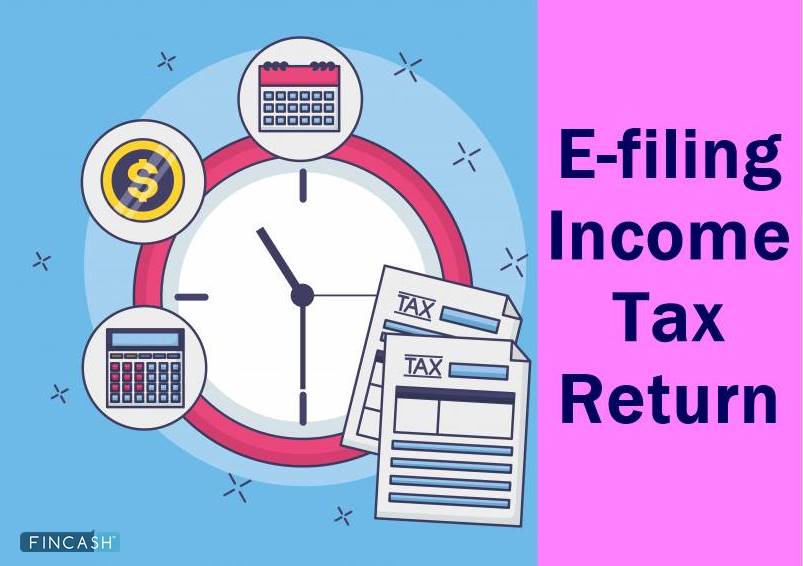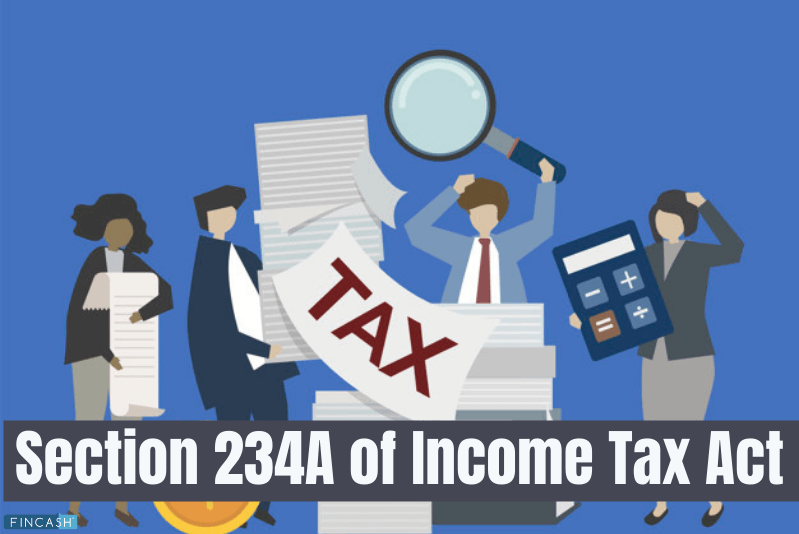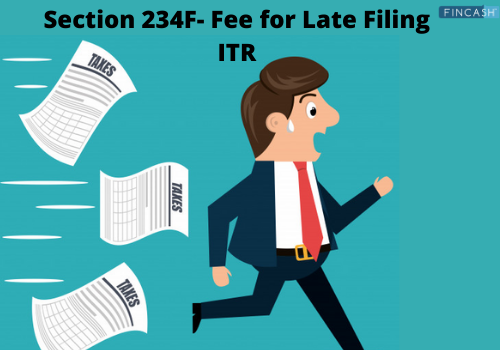
What is a Tax Return?
A Tax Return is a form(s) that are filed with the tax authority that helps reporting expenses, Income and other relevant tax information. Basically, tax returns enable taxpayers to assess their Tax Liability, pay Taxes and request refunds in case of overpaid.

In India, just like in several other countries, tax returns are filed annually by businesses and individuals to report their incomes, such as wages, dividends, interest, Capital gains and other profits.
Types of Tax Forms in India
As mentioned above, the Income Tax Return is the form wherein an assessee files information regarding the income and taxes to the income tax Department. In India, there are seven forms in total, targeting different taxpayers. Below-mentioned is the gist of these forms.
ITR 1
This one is for residents who have a total income from:
- Salary
- Pension
- One house property
- Other sources (horse racing, lottery)
- Agricultural income up to ₹5000
ITR 2
ITR 2 can be used by both individuals and hindu undivided family (HUF) who have a total income of ₹50 lakhs coming from:
- Salary
- Pension
- More than one house property
- Other sources (horse racing, lottery)
- This form can also be used by people who:
- Have individual directorship in a company
- Investments in unlisted equity shares
- Are Non-Resident of India (NRI) or Resident Not Ordinarily Resident (RNOR)
- Have income from Capital Gains
- Own foreign income / foreign asset
- Get agricultural income of more than ₹5000
Talk to our investment specialist
ITR 3
ITR 3 is for professionals and business people who have income from:
- A business or a profession
- Being an individual director in a company
- Being a partner in a firm
- Investments in unlisted equity shares
- Salary
- Pension
- Other sources (horse racing, lottery)
ITR 4
This specific form is for those individuals HUFs, partnership firms (excluding LLPs) that are residents and are gaining income from a:
- Business
- Profession
ITR 5
This form is for:
- Limited Liability Partnerships (LLPs)
- Association of Persons (AOPs)
- Body of Individuals (BOIs)
- Artificial Juridical Person (AJP)
- Estate of deceased
- Estate of insolvent
- Investment funds
- Business trusts
ITR 6
ITR 6 is for companies (excluding the ones who have to file exemption under section 11) that will be filing electronic returns only.
ITR 7
ITR 7 is for individuals and companies who wish to get a return under:
- Section 139(4A)
- Section 139(4B)
- Section 139(4C)
- Section 139(4D)
- Section 139(4E)
- Section 139(4F)
Late Filing Penalty
For those who file their tax returns later than the allotted date, the government has kept certain penalties, such as:
- ₹5,000 if filed after 31st August but before or on 31st December of an assessment year
- ₹10,000 if filed after 31st December but before or on 31st March of the assessment year
All efforts have been made to ensure the information provided here is accurate. However, no guarantees are made regarding correctness of data. Please verify with scheme information document before making any investment.












